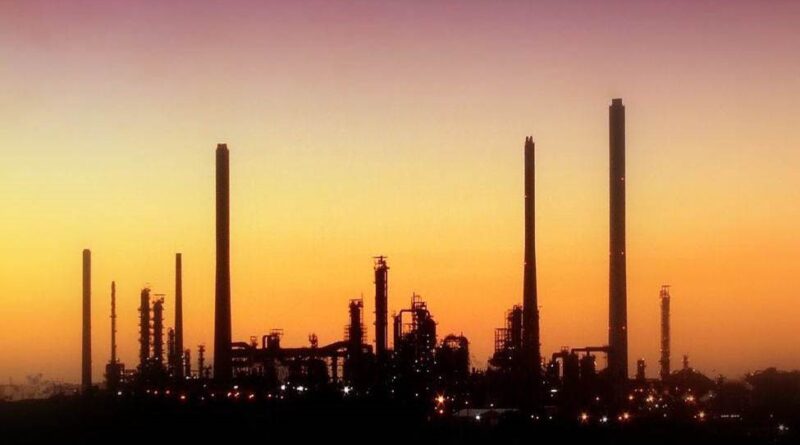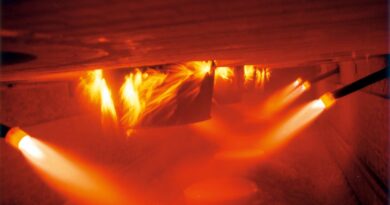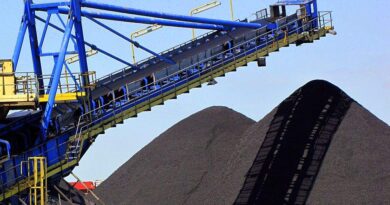Sasol performs strongly amid higher energy and chemicals prices
Sasol performs strongly against the backdrop of increased volatility resulting from ongoing geopolitical tensions, extended COVID-19 lockdowns and global supply chain disruptions. The company benefitted from, as well as strong cost and capital discipline through the delivery of our Sasol 2.0 transformation programme.
Earnings before interest, tax, depreciation and amortisation (EBITDA) increased by more than 100% to R75,5 billion. This is predominantly due to a strong recovery in Brent crude oil and chemical prices, partly offset by hedging losses and lower chemical sales volumes.
The balance sheet has been significantly strengthened with net debt of US$3,8 billion at 30 June 2022, well below the target of US$5 billion. Dividends were reinstated at R14,70 per share in line with the dividend policy.
Earnings before interest and tax (EBIT) of R61,4 billion increased by more than 100% compared to the prior year, driven by higher crude oil prices, refining margins and chemical prices.This also resulted in a strong gross margin improvement compared to the prior year.
Earnings were impacted by losses of R18,3 billion on the valuation of financial instruments and derivative contracts, higher labour and maintenance cost, as well as increased electricity purchases from Eskom arising from the diversion of gas from utility generation to production, offset by savings from Sasol 2.0 initiatives.
The Energy business further benefitted from a recovery in fuels demand post the COVID-19 impact. However, there was a slight decrease in retail sales in the last quarter due to record high fuel prices. This was offset by lower volumes in Mining, Secunda and Sasolburg downstream value chains following the feedstock and operational challenges which impacted the South African value chain.
The Chemicals business delivered a strong financial performance, benefitting from a stronger average sales basket price (US$/t), which was 39% higher than the prior year. Sales volumes were 12% lower than the prior year largely due to the divestment of the US Base Chemicals assets concluded in December 2020 and lower Secunda and Sasolburg production from Chemicals Africa.
Plans for meeting its greenhouse gas (GHG) target to have a 30% reduced emissions profile by 2030, are progressing well, as a foundation to meeting Sasol’s ambition of Net Zero emissions by 2050.
In South Africa, it is progressing the procurement of over 600MW of solar and wind renewable power with the first projects starting to come online from 2025 onwards. In Europe, Sasol has entered into several Power Purchase Agreements for its German and Italian operations and have concluded a supply agreement for the provision of Carbon dioxide (CO2)-neutral biomass-based steam to the Brunsbüttel site in northern Germany.
Sasol invested R743,3 million globally in socioeconomic development, which contributed towards funding small to large enterprises, bursaries, education and learnership programmes, health and investment in community service infrastructure. It also invested R1,2 billion in skills development.




